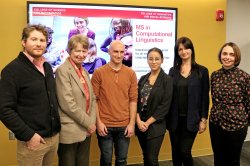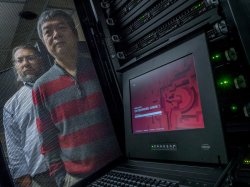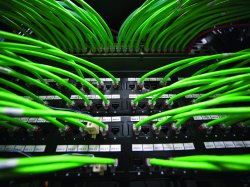Data Programs
A comparison of Montclair State master’s programs that focus on the use of data across a wide range of forms.
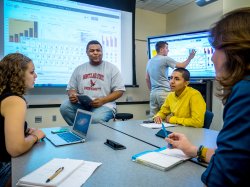
Data Science
Learn to combine data with algorithm building and technology to answer a wide range of questions. Coding is used widely. Data scientists are required to have a blend of math, statistics, and computer science, as well as an interest in—and knowledge of—the business world.
Coursework examples include:
- Exploratory Data Analysis and Visualization
- Data Mining
- Computer Algorithms and Analysis
- Python for Data Science
- Big Data Analytics Advanced Algorithms for Data Science

Social Research and Analysis
This interdisciplinary program trains you to use qualitative and quantitative data to develop evidence-based solutions to problems. You’ll learn primary and secondary data analysis, such as engaging in survey research, interviews and focus groups, data and text mining, and analyzing data.
Coursework examples include:
- Research Project Management
- Data and Text Mining for Social Research
- Leadership and Collaborative Innovation
- Data Analytics and Visualization
- Poverty and Social Welfare Policy in the United States
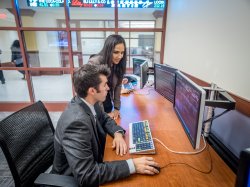
Business Analytics
Utilize statistical concepts in and across databases to uncover insights from business data. Learn how to solve business-related problems in businesses of all types. Coding and data visualization are key components.
Coursework examples include:
- Enterprise Architecture and Data Management Decision Analysis and Optimization
- Advanced Business Analytics
- Pricing Analytics and Revenue Management
- Big Data Analytics
- Applied Statistics for Business Analytics



